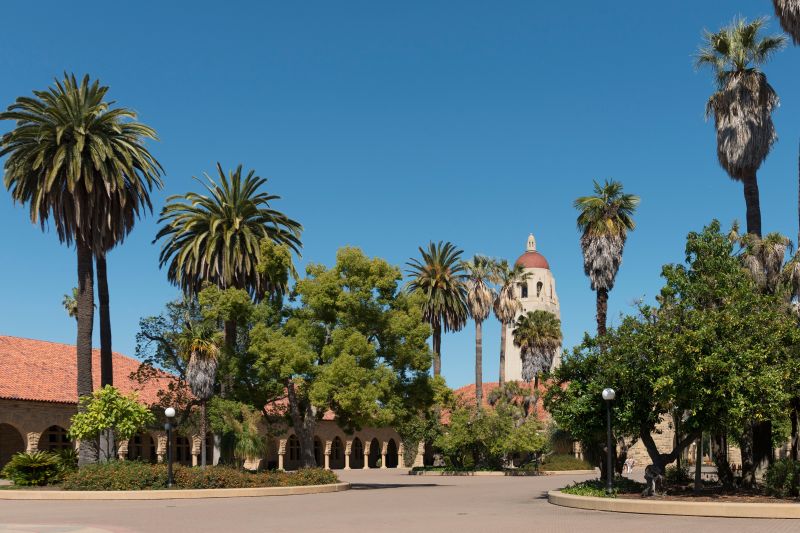During the instances in which I have returned to something — an activity, a hobby, a physical place that I took time away from — there always existed a weird tension between the part of me that expected everything to carry on as it had before I had left, and the part of me that recognized, with worry or anticipation, the impending possibility of drastic change.
I gave up playing the sports that had taken up much of my time in high school after graduating. When asked to return for an alumni basketball game, I found that while the basic athletic instincts hadn’t left me, running up and down the length of the court in the same gym that had hosted my daily practices was, in many ways, entirely different. The court felt smaller, the physical movements more forced, but the thrill of catching the ball, harnessing control of whatever would happen next in the match and the strange sensation of being watched by a crowd remained the same as it always had.
When I returned from my quarter abroad this year, I assumed that not much would be different on campus. In many ways, I was right. The familiar faces that I would see in passing before leaving reappeared across campus, occasionally accompanied by new hairstyles, new nose piercings. The buildings looked and smelled the same.
Sophomore year built up an enormous amount of insecurity in who I felt I was and how I fit into the schema of the Stanford community, which was a driving force in my desire to escape for a quarter. As the weeks abroad passed, I found myself growing nervous about what I would be returning to. Would the friendships and dynamics that I had left at school offer the same patterns and interactions, the same nourishment or discomfort when I returned? Would the classes I had pushed to the next quarter seem equally as daunting, or would I have gained some degree of encouragement over my academic habits and capabilities? Would the distance I had traveled and the juxtaposition of my experience abroad enforce a sense of appreciation for all that had been waiting for me, or would winter quarter just seem even darker and less exciting in comparison to my time away?
At Stanford, though the weeks pass quickly with the pace of the term, I’ve learned that a lot can happen from one day to the next, perhaps even due to the urgency created by the passing of time. A relationship can stem and develop in the course of a week as people lean on each other for support. A student can get left in the dust after missing one assignment and have to spend the rest of the quarter making up for it. The other part of me, the part that knew that even the air would feel different once I set foot on campus, anxiously calculated the ways in which I might witness and be forced to come to terms with these changes.
Coming back, however, I have witnessed a beautiful thing. The “muscle memory” of being a Stanford student has kicked in so that the bike rides to classes in the morning provide a paradoxical sense of new familiarity. I walk to CoHo to drink a cup of tea with the people I spent every day with in past quarters and feel at home. It is almost as though I never left.
At the same time, however, I have witnessed a growth in the people and circumstances around me. I am far from being the only one who has struggled with my time at Stanford. Coming back to hear the reflections and journeys that my peers have encountered while I was away has been a comforting reminder of the fact that we are all observing ourselves, all taking note of our strengths and weakness, of the ways that we can help ourselves and help others and make these changes.
“I’ve become a plant person,” one friend explained.
“I’ve started seeing someone who makes me feel happy,” another told me.
“I’ve lost a loved one, but in our grief, my family has gotten closer.”
We are taught to fight for change in the world, but I’ve noticed that we often find ourselves fighting change in our immediate surroundings. Going away, seeing my past from a distance, my future outstretched before me, was overwhelming. I fretted constantly about the fact that I would return to a familiar place ridden with unfamiliar circumstances. But I now see, from the small interactions I have that bring me comfort, from the exciting new developments I learn about in the lives of those I cherish, that there is just as much to be excited about in all that has changed as there is in the routines, the friendships, the rituals and the love that remains the same.
Contact Clara Spars at cspars ‘at’ stanford.edu.
